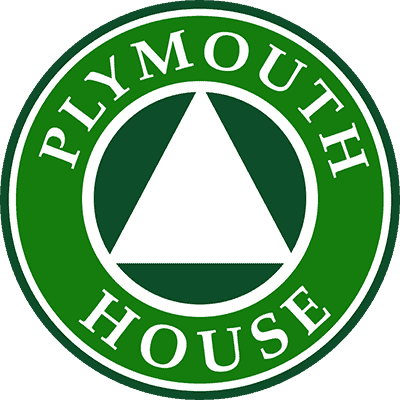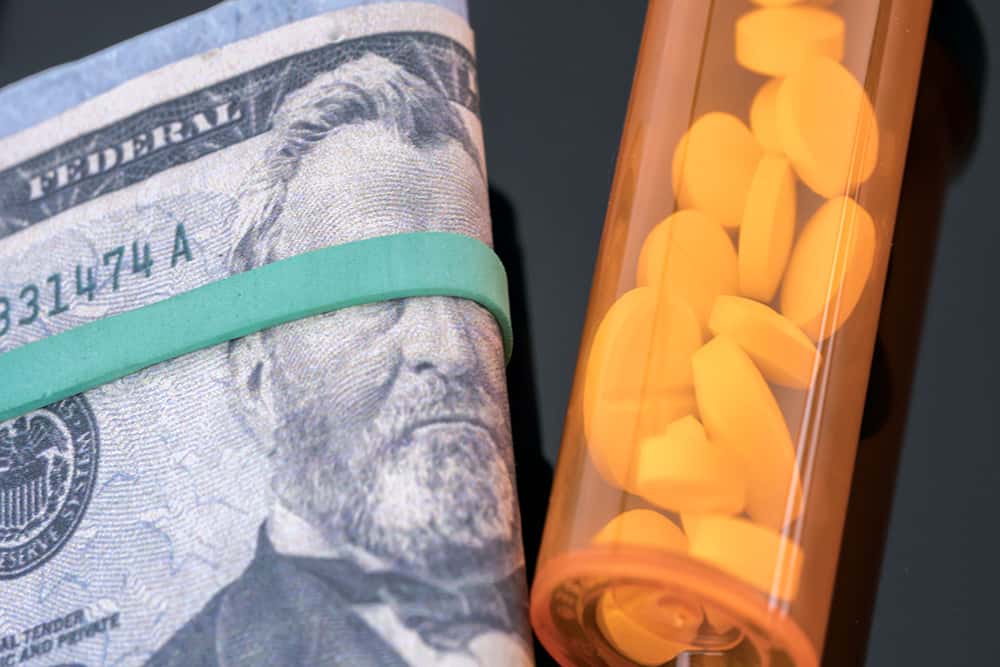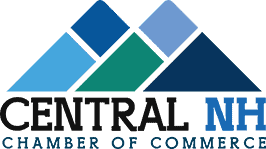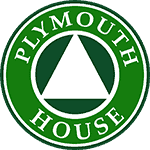The rolling hills, majestic mountains, and rugged seacoast of New Hampshire attract millions of visitors with their beauty each year. But the natural allure of the Granite State hides a terrible problem that impacts the lives of thousands of its residents.
Substance abuse continues to be a significant problem in New Hampshire. The state has been grappling with the opioid epidemic for years, with one of the highest rates of overdose deaths in the country.
If you or someone you know is struggling with drug addiction, The Plymouth House can help restart and rebuild your life leading to long-term recovery. We offer a 12-Step-based program that includes residential inpatient treatment, partial hospitalization, and extended care to ease your transition back to the “real world” with ongoing support. Contact us today to learn more about our treatment options.
Statistics About Drug Usage & Deaths Caused By Overdoses in the State of New Hampshire
The National Survey on Drug Use and Health reports that in 2021, 180,000 New Hampshire residents aged 12 and older reported using illicit drugs in the past month. Of those, here are the number that said they misused specific substances in the past year:
- Marijuana – 225,000.
- Cocaine – 21,000
- Methamphetamine – 8,000
- Prescription pain relievers – 35,000
- Opioids – 37,000
New Hampshire is considered one of the nation’s top five states for opioid-related deaths, with a death rate of 26.9 per 100,000 in 2020. Fentanyl was involved in 86% of the deaths.
Additionally, according to the Substance Use and Mental Disorders report for the Manchester-Nashua area, 21.6% of adults in New Hampshire engaged in binge drinking recently. This figure is higher than the average across the New England region.
Where in New Hampshire Do People Use the Most Alcohol & Drugs?
While there is no reliable data on what region has the most drug and alcohol use, the Substance Abuse and Mental Health Services Administration’s (SAMHSA) National Survey on Drug Use and Health reports that the rate of illicit drug use is higher than the national average.
A 2017 U.S. News & World Reports article reported that at the time, the state’s rural population was among the hardest hit by substance abuse because of their isolation and lack of necessary resources to combat the problem.
Annual Economic Costs Attributable to Substance Abuse & Related Diseases in New Hampshire
The cost of substance abuse in New Hampshire is staggering. According to a report by the New Futures, substance misuse costs the state an estimated $2.36 billion annually. It includes costs related to lost productivity, healthcare, criminal justice, and related issues like child abuse and neglect. The report also states that while more than 100,000 people need substance abuse treatment, only 4-6% can access the services they need.
Factors Influencing Substance Abuse Use Statistics in New Hampshire
A variety of factors influence New Hampshire’s substance abuse problem. The state’s economy has struggled, leading to higher unemployment rates and underemployment. Economic stress and social isolation can lead to drug and alcohol abuse. Additionally, the state’s rural nature and lack of healthcare resources can make it difficult for people to access the help they need when they need it.
Additional factors that place people at high risk for substance use include:
- Availability – The availability of drugs can make it easier to begin using substances. New Hampshire has a high rate of prescriptions written for opioids and a steady supply of illicit opioids, including fentanyl, on the streets.
- Mental Health Issues – Mental health issues, such as depression, anxiety, and post-traumatic stress disorder, can increase the risk of substance abuse.
- Socioeconomic Factors – Poverty, unemployment, and lack of access to healthcare can make individuals more likely to reach for drugs and alcohol to relieve or escape their problems.
- Law Enforcement and Treatment Availability – The availability of law enforcement efforts to combat drug use and substance abuse treatment resources can also influence substance abuse rates. New Hampshire is known to be significantly under-resourced when it comes to substance abuse disorder treatment.
Young people have additional factors that can increase their risk for substance abuse, including:
- Family history of substance use.
- Favorable parental attitudes towards the behavior.
- Poor parental monitoring.
- Parental substance use.
- Family rejection of sexual orientation or gender identity.
- Association with delinquent or substance-using peers.
- Lack of school connectedness.
- Low academic achievement.
- Childhood sexual abuse.
- Mental health issues.
How Much Money Does the Usage of Drugs & Alcohol Cost American Companies Every Year?
Nearly 16 million Americans use illicit drugs, and 11 million are heavy drinkers. The majority of them are employed. This means that drug and alcohol abuse is not only a personal problem but also a public concern. The cost of addiction to businesses is an alarming figure of $81 billion per year, which includes decreased productivity, increased healthcare expenses, absenteeism, and accidents related to substance abuse.
The effects of addiction are devastating to companies, both financially and in terms of the damage they do to the workforce. Studies have shown that drug and alcohol users are more likely to have a negative impact on productivity, safety, and morale within the workplace. Additionally, individuals who suffer from addiction-related problems are likely to be absent from work more frequently and may have a higher rate of workplace accidents.
The Personal Cost of Substance Abuse
While it’s possible to quantify some of the costs of substance dependency, many cannot be counted in dollars and cents. Addiction takes a toll on personal relationships and causes alienation from family members and other people you care about. Infants and children are especially vulnerable and can be subject to abuse and neglect in addition to losing access to a parent or guardian.
We Are Here For You
Let Us Help You Heal
Our Drug & Alcohol recovery services are second to none.
Learn how we can help by speaking with one of our Treatment Advisors today.
Contact Us Today
The cost of substance abuse cannot be measured simply in dollars and cents. Addiction results in loss of workforce productivity and higher healthcare costs and takes a terrible toll on personal relationships. No matter the substance, the best way to overcome addiction is with the help of experienced, trusted professionals like those at The Plymouth House. Located on 60 breathtaking acres in the White Mountains, we provide comprehensive, 12-Step-based treatment, including medical and clinical care, relapse prevention, and a wide range of therapy services. Contact us today to talk about how we can help you overcome your addiction and embark on a fulfilling life.
Get Started Now
Give us a call 24/7
(888) 693-1927


Reviewed for accuracy by:
Russell Beebe MLADC, LCMHC
Russell is a Master Level Alcohol and Drug Counselor (MLADC) and Licensed Clinical Mental Health Counselor (LCMHC) with over 11 years experience treating individuals with substance use and co-occurring disorders. Russell was inspired to get into the field after his experience as a resident at The Plymouth House in 2008.




















